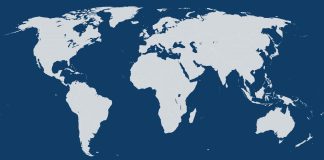September is approaching, and that means kids are returning to school, the leaves are changing in the Northern Hemisphere, and Europe is returning from vacation. There is much to be done, especially as it pertains to Brexit talks. Brussels announced this week that it expects to hold an emergency summit in November to wrap up talks.
To mark this last sprint to the finish line, we’ve divided EU member states into three groups. The first is made of countries that have individual issues with the United Kingdom that necessitate separate negotiations or even, in the case of Ireland, a de facto veto on whatever deal is reached. The second group consists of countries that have broken ranks with the EU, including Denmark, which supports the agreement reached at Chequers, even though the EU does not, and Italy, which has criticized the EU for attempting to “swindle” London. Last are the majority of EU countries, which are thus far in lock step with Brussels on negotiations. The U.K. has hoped to generate leverage with individual European states to help in the talks, but thus far it has failed to do so; even the countries in group two that have broken with the EU have not done so to an extent that it gives London any real leverage. This will be one of the many dynamics to keep in mind as the Brexit soap opera hurtle toward its conclusion in the spring.


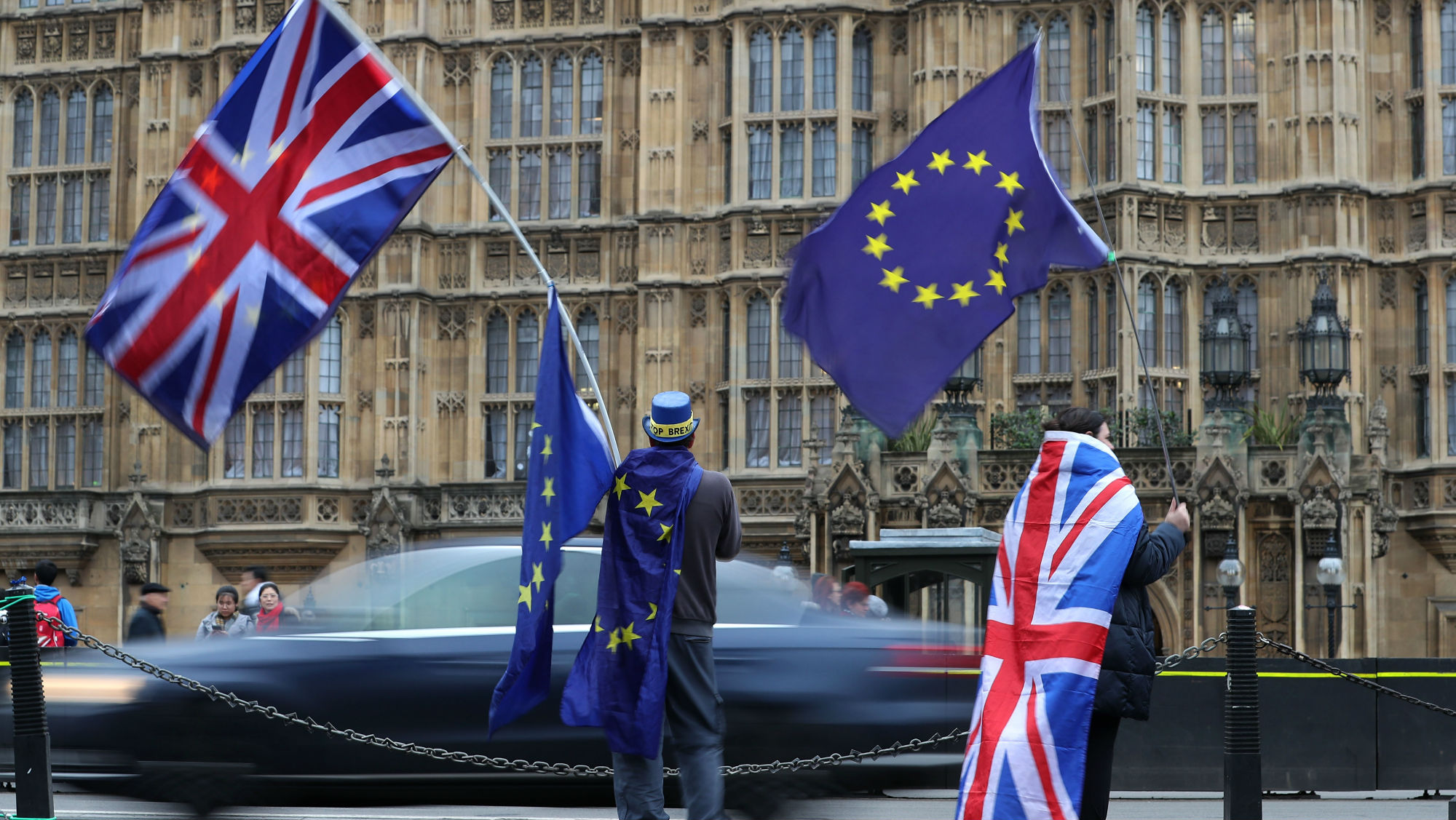
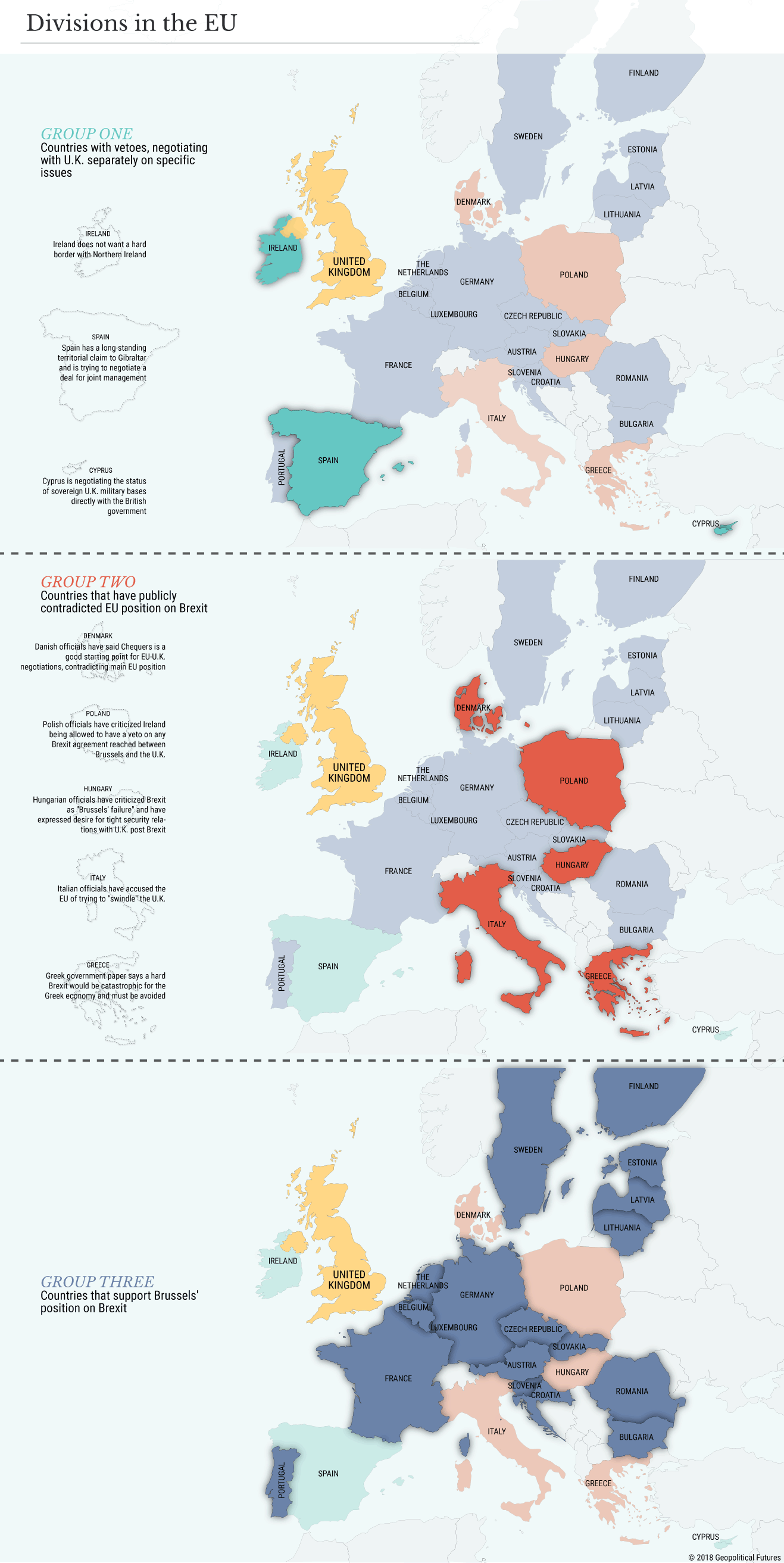
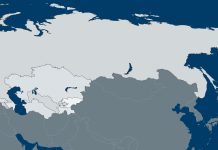

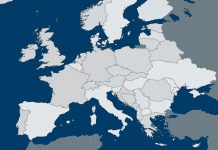

 Special Collection – The Middle East
Special Collection – The Middle East